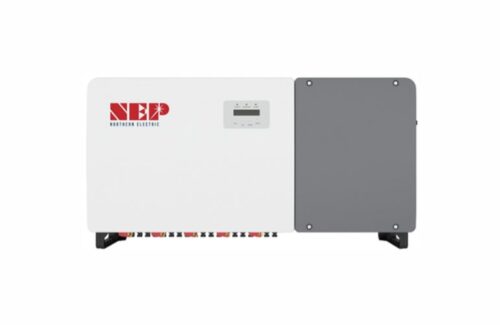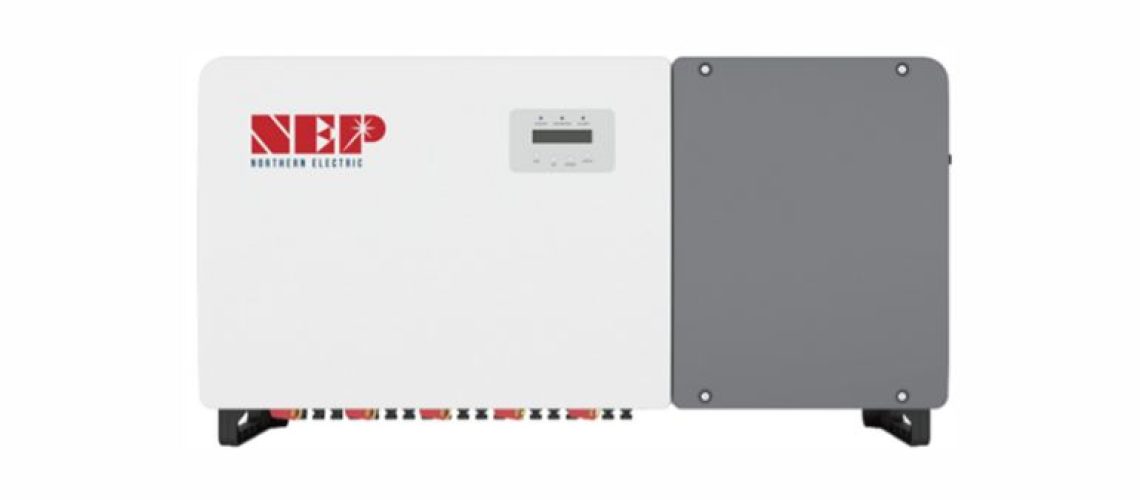 Inverter manufacturer NEP has announced a complete RSD solution aimed for commercial rooftop applications in the United States. For several years, NEP provided panel-level devices and now is offering both PV module RSD devices plus three-phase string inverters.
Inverter manufacturer NEP has announced a complete RSD solution aimed for commercial rooftop applications in the United States. For several years, NEP provided panel-level devices and now is offering both PV module RSD devices plus three-phase string inverters.
NEP’s new offering provides the following to commercial project owners:
- Warranty by one company for RSD and inverter performance
- Higher-power inverters — up to 100 kW
- 208-VAC inverter – 30 kW
- Less labor; wire-box integrated RSD transmitter and data gateway with cellular option
- Panel level and string level data monitoring granularity
- Three-module RSD device to lower the cost to achieve RSD (PVG-3)
- Integrated portal and smart-phone app for RSD and inverter data, interactivity
“NEPTUNE” Inverters
The family of inverters includes power ranges to cover virtually any C&I rooftop. The units are optimized for RSD applications but may be used in non-roof applications such as carport or other ground-mount applications; 100 kW, 75 kW, 50 kW, 33 kW – 480 VAC and a 30 kW – 208 VAC unit. The 75/100-kW units are available for purchase today and the lower power units will ship later this year.
“Galaxy” Data Communications
Each inverter comes with a data communications board (“Mini” or “Maxi” Comm Board) for connecting the inverter and RSD data to the local network of devices. NEP offers a Wifi/Ethernet gateway as the standard interface to the internet, and a cellular option is also available. Only one gateway is required for a network of up to 10 inverters. All such hardware solutions include five years of data service. Visibility and interactivity is accessed with the NEP smart phone app and web portal. Panel-level data for the RSD devices and the inverter data is equally available on these combined applications.
Expanded RSD Family: “PVG-3”
NEP has shipped its two-module PVG-2 and single module PVG-3 for several years. Now, the company includes a PVG-3, a three-module device to lower the overall cost of rapid shutdown. The PVG-2 and PVG-3 devices can also be used on one string to efficiently support even or odd number of modules per string.
News item from NEP



